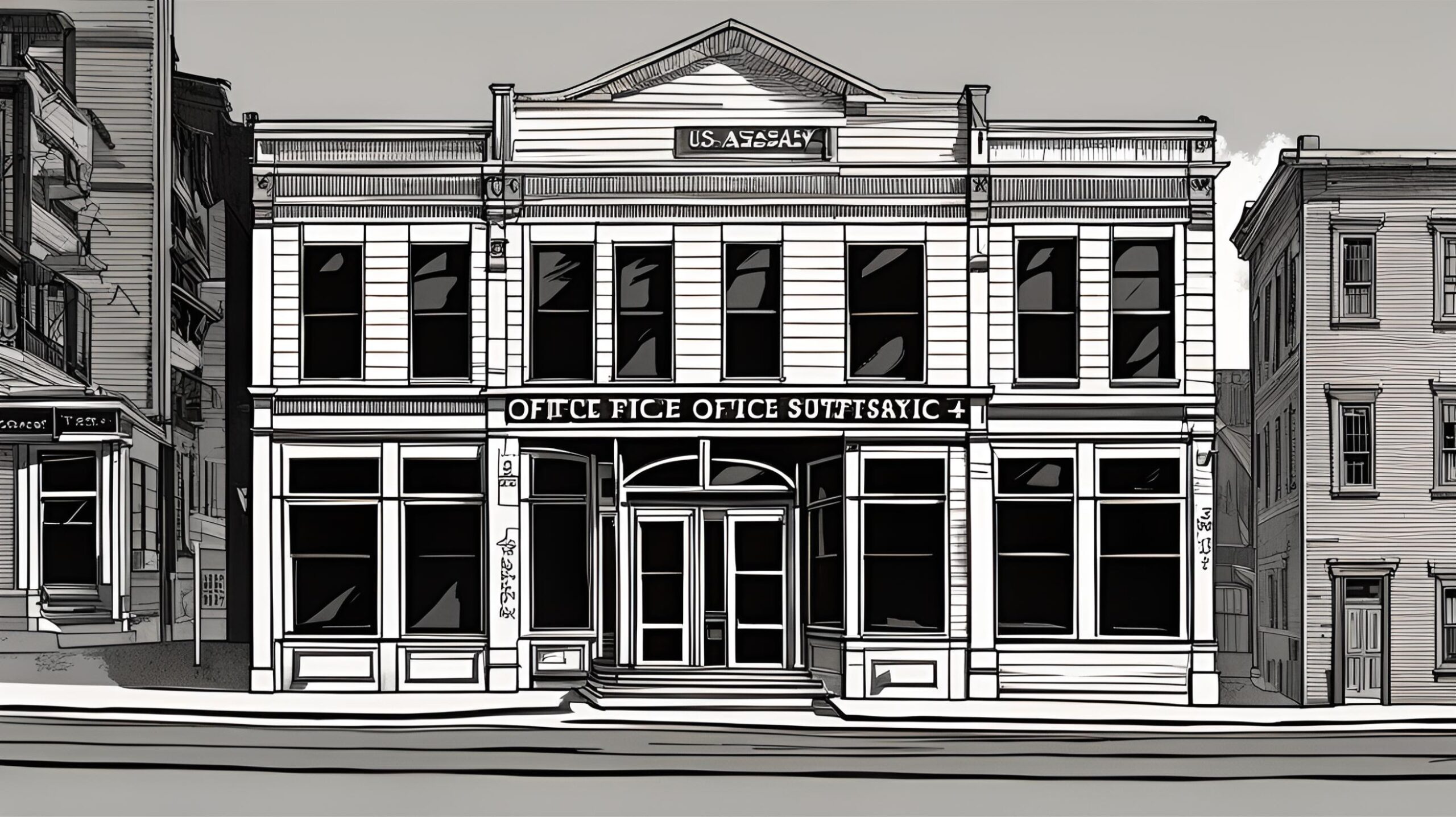Flashback to June 30
American History

On June 30, 1950, a significant event occurred that forever changed the course of world history: US President Harry Truman ordered US troops into Korea. This decision marked the beginning of the Korean War, a conflict that would have far-reaching implications and shape global geopolitics for decades to come.
At the time, the Korean Peninsula was divided into two separate entities: the Soviet-backed Democratic People’s Republic of Korea (North Korea) and the US-supported Republic of Korea (South Korea). Tensions between the two regions had been simmering for years, and on June 25, 1950, North Korean forces launched a surprise invasion of South Korea, aiming to reunify the peninsula under communist rule.
In response to this aggression, President Truman swiftly authorized the deployment of US troops into Korea. The decision was not taken lightly, as it marked the first major military engagement of the United States during the Cold War. Truman recognized the strategic importance of defending South Korea, as the conflict was seen as a test case for the containment policy against communist expansion in the world.
The US-led United Nations Command (UNC) swiftly mobilized to repel the North Korean incursion. Under the leadership of General Douglas MacArthur, the UNC forces carried out a series of counteroffensives, driving the North Korean forces back across the 38th parallel. Within a matter of months, the war had turned in favor of the UNC, and it seemed as though South Korea would be preserved as an independent and non-communist state.
However, all that changed when China entered the conflict on the side of North Korea. Their intervention in late 1950 caught the UN forces off guard and shifted the balance of power once again. US troops, along with their allies, found themselves engaged in a bloody and protracted war against an unexpectedly resilient enemy.
The Korean War raged on for three years, resulting in tremendous loss of life and significant destruction. Ultimately, an armistice was signed in 1953, effectively ending the fighting. However, no formal peace treaty was ever agreed upon, and the two Koreas remained divided until the present day.
The impact of President Truman’s decision to send US troops into Korea cannot be overstated. It solidified the United States’ commitment to containing communism and safeguarding democratic nations around the world. The Korean War served as a precursor to subsequent conflicts during the Cold War, such as the Vietnam War, and set the stage for the United States’ role as a global superpower in the second half of the 20th century.
Not only did the Korean War have significant political and military consequences, but it also had profound effects on the Korean people. The war left a lasting legacy of division, with families torn apart and a nation divided by a heavily fortified border. The repercussions of the conflict continue to be felt today, as tensions between North and South Korea remain high.
the decision by President Harry Truman to order US troops into Korea on June 30, 1950, was a pivotal moment in world history. It marked the beginning of the Korean War, a conflict that shaped global politics and had lasting effects on the Korean Peninsula. The war highlighted the United States’ commitment to containing communism and its willingness to intervene militarily to protect its allies. Decades later, the Korean War still serves as a reminder of the ongoing challenges and tensions in the region.
We strive for accuracy. If you see something that doesn't look right, click here to contact us!
Sponsored Content

US Assay Office in…
On June 30, 1927,…

US President Harry Truman…
On June 30, 1950,…

Battle of Fort Recovery,…
The Battle of Fort…

US Assay Offices in…
On June 30, 1933,…

US Federal Equal Rights…
On June 30, 1982,…

